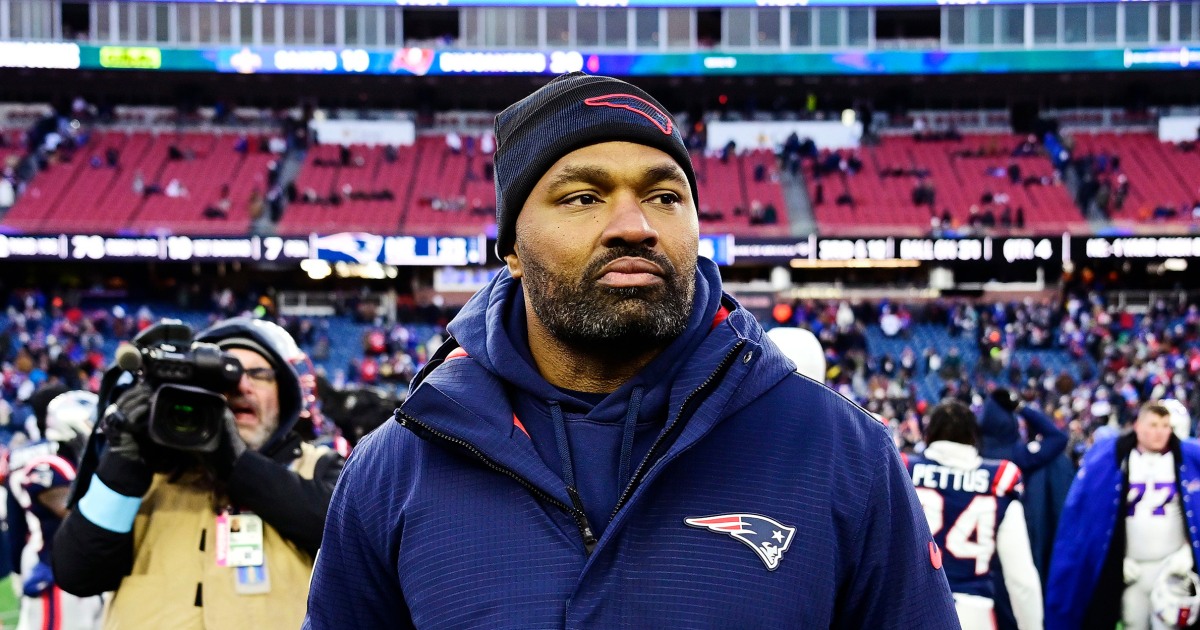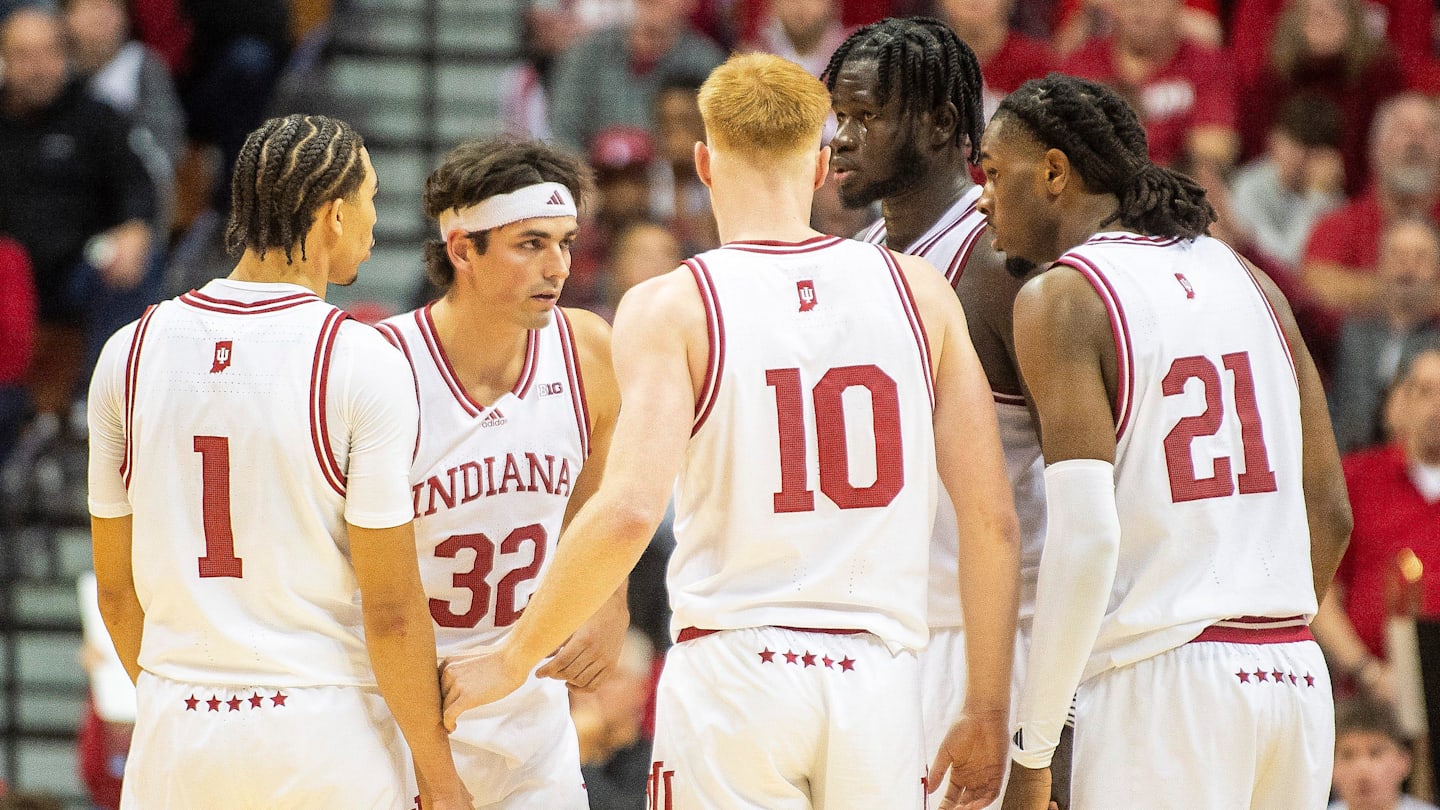New York Jets: The relative importance of NFL GMs and head coaches

Much has been made of who will fill the New York Jets general manager role since the firing of former general manager Joe Douglas in November.
This article is intended to ask the simple question of “why?” and to bring into question what the importance of an NFL general manager really is. By no means do I expect this article to convince most, but I think it’s potentially an interesting topic of discussion, so I figured I’d have at it anyway.
This article really stems from my disagreement with the generally agreed upon expectation that the head coach should only be on the same organizational hierarchy level as, if not below and reporting to, the general manager. This point has come up in the midst of reports that head coaching candidate Mike Vrabel wants some say in who his general manager will be, which some disagree with the idea of due to the typical reporting structure.
Mike Vrabel would be a home run hire for whatever team gets him. This interview a bit unique for that reason. #Jets need to convince him as much as him them.
You do it with money. I don’t think that’s deciding factor, though. If New York really wants him: Involve him in GM…
— Connor Hughes (@Connor_J_Hughes) January 3, 2025
But I don’t think that the head coach picking the general manager isn’t really a concern. In fact, I’d go as far as to say that it should be the norm. So why do I think that?
Well, because if we think about what a general manager’s role is then it is inherently one that is intended to support the vision of the head coach. The general manager is not merely tasked to find talented players, but to find talented players that fit the team’s current system. This is why you always hear comments around NFL draft time about why a player is a good fit for team X and not a good fit for team Y. This is very different than other sports like baseball, where players are performing their role in relative isolation to their peers and absent any specific coaching scheme or framework that dictates how their role is used. In other words, a right fielder is playing right field in much the same manner regardless of who their manager is.
Through that lens, why exactly should an NFL general manager have final say within a reporting structure? Should the coach tasked with using that player not have final say on whether or not they want that player?
Beyond that, the skill of a general manager is extremely difficult to evaluate. Recently, the New York Jets saw a breakout campaign from linebacker Jamien Sherwood, who is completing his fourth NFL season. Should the general manager that selected Sherwood really be praised for acquiring a player that took three full seasons to develop into a starting role? To me, that sure seems like a case where the general manager handed the coaching staff a raw player that was developed well by the coaches. That seems more like a coaching success rather than a talent identification success to me. So few players are able to start “day 1”, and there seems to be no team that is identifying such players beyond the first round of the NFL draft at a higher rate than any others.
On the other side of the coin, we also see players regularly “break out” when they land on a new team. For example, former New York Jets quarterbacks Sam Darnold and Geno Smith are currently well-regarded starting quarterbacks for two teams, the Minnesota Vikings and Seattle Seahawks respectively, that aren’t the New York Jets. We can now clearly see that those two players were talented enough to be NFL starters, which should be a feather in the cap of the Jets general managers that drafted them. However, I don’t think anyone is going to be itching to hire the general managers that drafted them (Mike Maccagnan and John Idzik) because of their great quarterback insights any time soon. Why? Because it took each of these players 6+ years to find their footing even though the aforementioned general managers correctly identified them as NFL talents.
Why did Smith and Darnold eventually develop into good NFL quarterbacks if the natural raw talent still hasn’t changed? Logically that should be due to coaching, which makes perfect sense when we consider that just about every draft prospect is not considered fully baked when drafted. Every prospect enters with things to work on which the coaches are responsible for teaching. Good coaches? They teach those things and leverage the skills of their players. Bad coaches? They do neither of those things. If a general manager’s value is tied to how their players perform, then this sets their coach up as a key cog in whether those players end up succeeding and making the general manager look good.
In the end, I treat this as akin to moderation in a statistical sense. Moderation is the idea that the strength of the relationship between two variables can be strengthened or weakened based on a third variable. In an easy example, we might say that the amount of pounds that one will lose if they go to the gym depends on whether they are also dieting.
Another way to think of this is to look at a visual example, such as the one provided below.

In this example, the effects of social support on job burnout depends on negative affect (which I like to think about as how close to Eeyore from Winnie the Pooh you are). In that plot, more social support allows for more burnout if one is low on negative affect, no (or a null) relationship if one has an average negative affect, and a negative relationship if one has high negative affect.
For general managers, I think the relationship between general manager greatness and team performance might be moderated by head coaching greatness. If a general manager has a good coach, then they make their player additions look good and the team wins. If a general manager has a bad coach, then they make their player additions look bad and the team loses. In either case, the same general manager decisions can lead to wildly different outcomes, but that doesn’t change the quality of the decision that the general manager made in a vacuum. We know that coaching matters on some level because one of the common arguments for the Jets to not acquire quarterback Lamar Jackson during his free agency in 2021 was that “he wouldn’t be good here” despite Lamar being good enough to win the MVP last season and to be a strong contender to win it this year. Or the common refrain that the Jets wouldn’t have developed Patrick Mahomes even if the Jets had drafted him back in 2017.
If we accept that premise, then the greater importance of the head coach compared to the general manager becomes quite apparent. In fact, it would imply that the performance of a general manager is largely dependent on the head coach, which aligns with the nature of their respective positions.
So why exactly does the person in the supporting role need to be on the same or a higher level than the person they’re supporting? Just because something is being done doesn’t mean that it’s the most effective way to do it. I think that’s the case right now with the common general manager over the head coach structure to which NFL teams often default.
What do you think? Tell me why you think I’m wrong (or right).
Related
It’s Black Monday in pro football, as the bill comes…
The Jacksonville Jaguars fired Super Bowl-winning coach Doug Pederson in what's likely to be the first of multiple "Black Monday" terminations across pro footba
NFL Playoffs wild-card weekend: Betting odds, lines and spreads every…
The 2024 NFL Playoffs Bracket is set and the weekend will feature six games to determine which teams will advance to the divisional round, where the top-seeded
First bets: Early picks for NFL wild-card weekend
The 2025 NFL playoffs are here and the wild-card round begins Saturday with a doubleheader featuring Justin Herbert and Los Angeles Chargers facing C.J. Stroud
2025 NFL Mock Draft: The NY Giants Trade … Up?!
The (most important part) of the 2025 NFL Draft order is set. The Tennesse Titans own the No. 1 pick, the Patriots fumbled the tank, and we're inch












